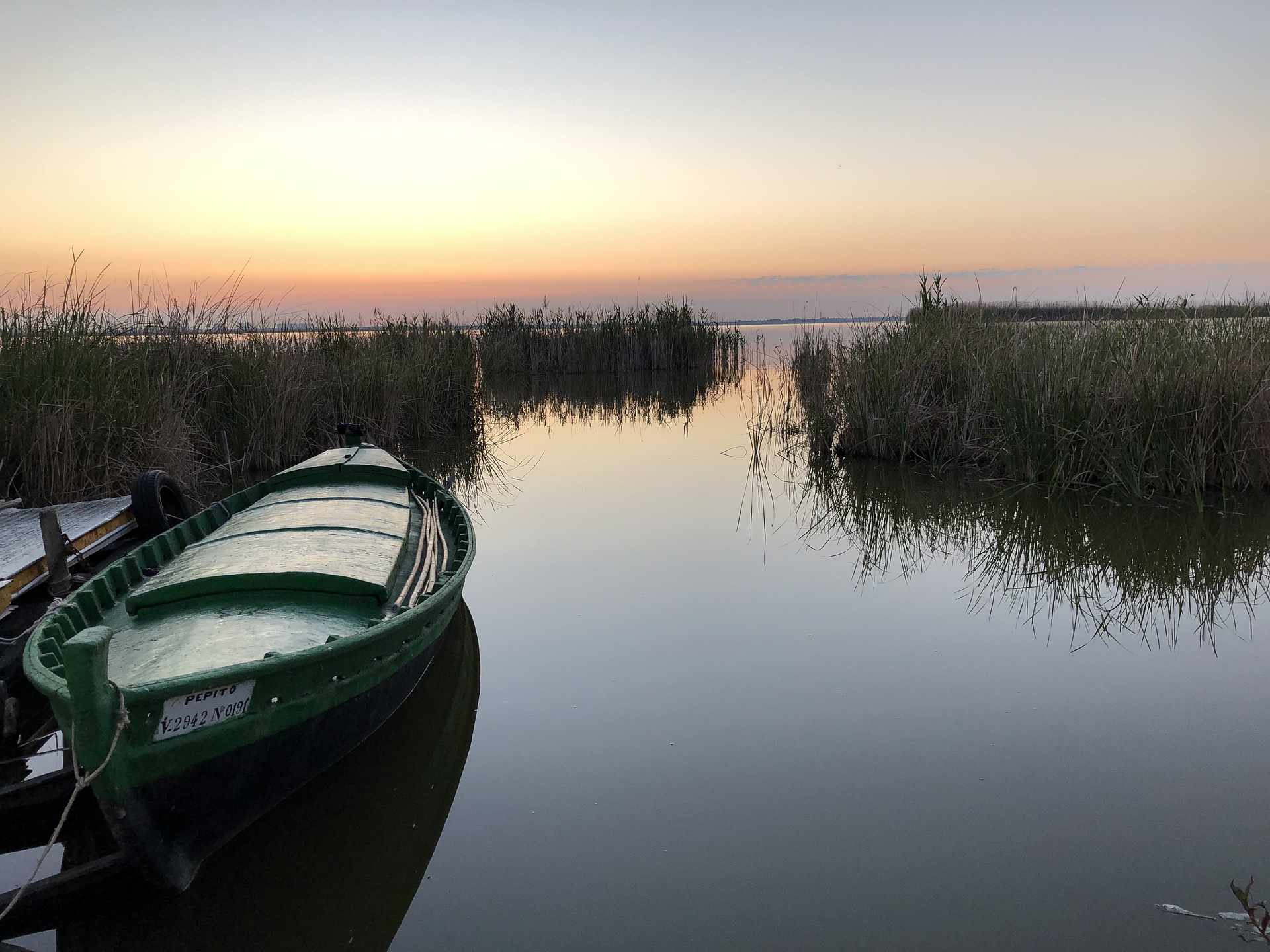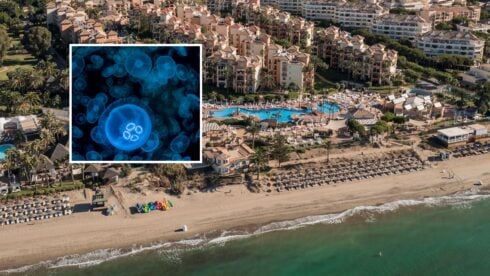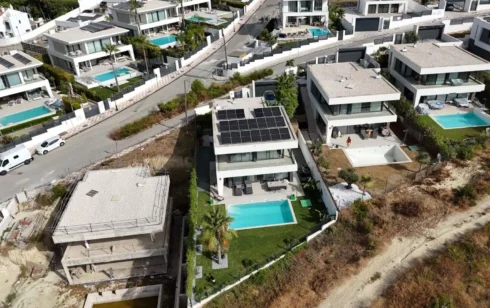MUCH has changed in the way Valencia sees and presents itself in recent years.
This is the city that became famous around the world for hosting huge international events such as a visit by Pope Benedict XVI in 2006, the America’s Cup sailing regatta in 2007, and a Formula 1 European Grand Prix race at the now abandoned and disused Valencia Street Circuit from 2008 to 2012.
However, these events and others in later years became a stone in the shoe of the local and regional governments, as a series of financial irregularities and corruption probes marred the image of the autonomous capital.
But a complete change of leadership in both executives has brought about a radically different approach to global recognition – and this time, everyone is set to benefit, including future generations.

Valencia is now well on the way to claiming the title of greenest and most sustainable city in the world.
The groundwork was laid many years ago by projects such as the Turia gardens – a green belt that snakes through the very centre of the city in what used to be the old riverbed, and a major hotspot for walkers, joggers and cyclists, as well as families enjoying a day out.
The Albufera lake, considered the city’s ‘green lung’, withstood decades of pressure as the city grew around it but remains a beacon of flora and fauna, protected by law and the source of livelihood for countless generations of rice farmers and fishermen.
However, things have been stepped up several notches lately.

Valencia has become the first city in the world to measure its own tourism carbon footprint, ie the environmental effect of welcoming many thousands of visitors every year, in order to find ways to lessen the impact and guarantee sustainability.
The pioneering study focuses on several key areas including water use, refuse collection and transport, with the aim of becoming the first tourism destination in the world to achieve zero environmental impact by the year 2025.
Local sources confirm that this will be achieved by boosting renewable energy sources, making public transport totally electric, and increasing the absorption of carbon dioxide by the Turia gardens and the Albufera, among other measures.
Meanwhile, Valencia has also been recognised by the United Nations (UN) as a ‘Smart City’, becoming the first in Europe and only the third in the world – after Dubai and Singapore – to obtain both the official ISO and ITU certificates confirming the use of technology to guarantee the implementation of the UN’s Sustainable Development Goals (SDGs).

The official definition of a Smart City is: “An innovative city that uses Information and Communication Technologies (ICTs) and other means to improve quality of life, efficiency of urban operation and services, and competitiveness, while ensuring that it meets the needs of present and future generations with respect to economic, social, environmental as well as cultural aspects.”
Valencia City Hall has set up a specific department and website outlining the objectives and details of the Smart City project, which can be visited here: http://smartcity.valencia.es/en/ (in English).
For more information on the SDGs, visit https://sdgs.un.org/
READ MORE:
- Investigators in Spain’s Valencia develop system to cut use of pesticides and ration water
- Valencia becomes the first port in Spain to install solar panel floor that can be walked on and driven…
Click here to read more Environment News from The Olive Press.








